-
About Us
Resolving Conflicts | Improving Relationships | Strengthening Communities
A Community In Harmony
The History of Midlands Mediation Center
The Midlands Mediation Center (MMC) was incorporated in 1998 as a non-profit organization, largely as a result of an extensive grassroots involvement by a Steering Committee comprised of many neighborhood associations and various city and state organizations. It was the first community-based mediation center of its kind in the state and remained the only one in central South Carolina. 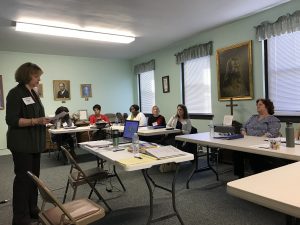 The center, like other Community Mediation Centers, are the product of 1964 Civil Rights Act, Title 10 to assist communities and persons therein in resolving disputes, disagreements, or difficulties relating to discriminatory practices based on race, color, or national origin which impair the rights of persons in such communities under the Constitution or laws of the United States or which affect or may affect interstate commerce. MMC is a private agency which supports the community by providing a safe/brave space for individual, organizations and businesses to address disputes, disagreements and difficulties. MMC does NOT resolve disputes, we assist individuals, organizations and businesses in creating their own solutions to their disputes.
The center, like other Community Mediation Centers, are the product of 1964 Civil Rights Act, Title 10 to assist communities and persons therein in resolving disputes, disagreements, or difficulties relating to discriminatory practices based on race, color, or national origin which impair the rights of persons in such communities under the Constitution or laws of the United States or which affect or may affect interstate commerce. MMC is a private agency which supports the community by providing a safe/brave space for individual, organizations and businesses to address disputes, disagreements and difficulties. MMC does NOT resolve disputes, we assist individuals, organizations and businesses in creating their own solutions to their disputes.
In the early existence of the organization, it led conversations related to South Carolina’s citizens disputes over the meaning of the confederate flag hanging at South Carolina’s State House. MMC engaged individuals from all spectrums of the disagreement to gather, to hear and to honor each perspective regarding the confederate flag.
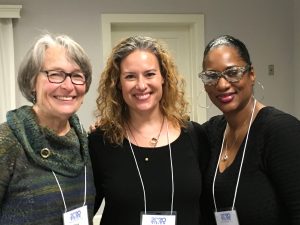
In 2001, MMC partnered with Richland County School District to implement A.I.M. (Attendance Improvement Mediation) which brought students, parents/guardians, school official and a mediator met to discover the root cause of student truancy and develop an agreement to prevent future occurrences. The program served more than 600 students in 15 schools and produce agreements for over 90% of the cases. The development of the program resulted in the schools implementing the program and used MMC to train staff to handle the mediation process.
In 2007, The Supreme Court of South Carolina pilot magistrate mediation program in Lexington and Richland Counties, MMC provided the mediators for the pilot program. MMC continues to serve Richland and Lexington County as a contracted service for all magistrate cases for individuals requesting a jury trial.
Later, the Supreme Court required mediation for all contested family matters specific to divorce, child custody, support and visitation. MMC developed a sliding scale fee to support the community’s need for affordable and high-quality mediation. South Carolina’s rule for mediation requires many families with income less than $30k to obtain mediated services, which range from $175.00 – $350.00 per hour. MMC, through the support of volunteers and multiple streams of funding, provide these services to individuals based on a sliding scale ranging from $20 – $100 per hour.
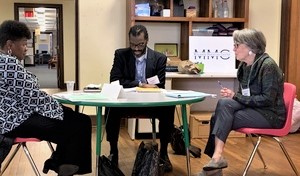 In addition to the programs providing mediators, third-party neutral, MMC provided training, mediation, facilitation, and conflict coaching to the
In addition to the programs providing mediators, third-party neutral, MMC provided training, mediation, facilitation, and conflict coaching to the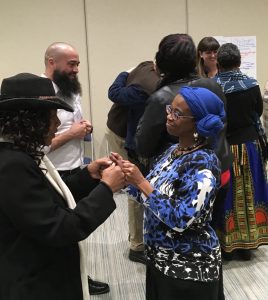 community. The center trained new community mediators in the mediation process, a twenty-hour course developed by Mary L. Bryan, the author of the Civil Mediation Training for the SC Bar. The center also provides additional training in communication skill development and continuing education courses for social workers, educators and human resource specialist.
community. The center trained new community mediators in the mediation process, a twenty-hour course developed by Mary L. Bryan, the author of the Civil Mediation Training for the SC Bar. The center also provides additional training in communication skill development and continuing education courses for social workers, educators and human resource specialist.
Currently, the center has over 70 volunteers. We provide direct services to all clients and we use a needs test consistent with income eligibility requirements of 125% of the official poverty guidelines, defined annually by the U.S. Department of Health and Human Services. Our sliding scale fees provide access to mediation services.
We educate individuals on the aspects of mediation and the South Carolina’s ADR Rules by providing non-attorney mediation training. We are active members of the National Association for Community Mediation (NAFCM), the center is one of 550 centers nationwide that provides an inexpensive and effective alternative for individuals and organizations to resolve conflict and come to a consensus.
MMC Board Members
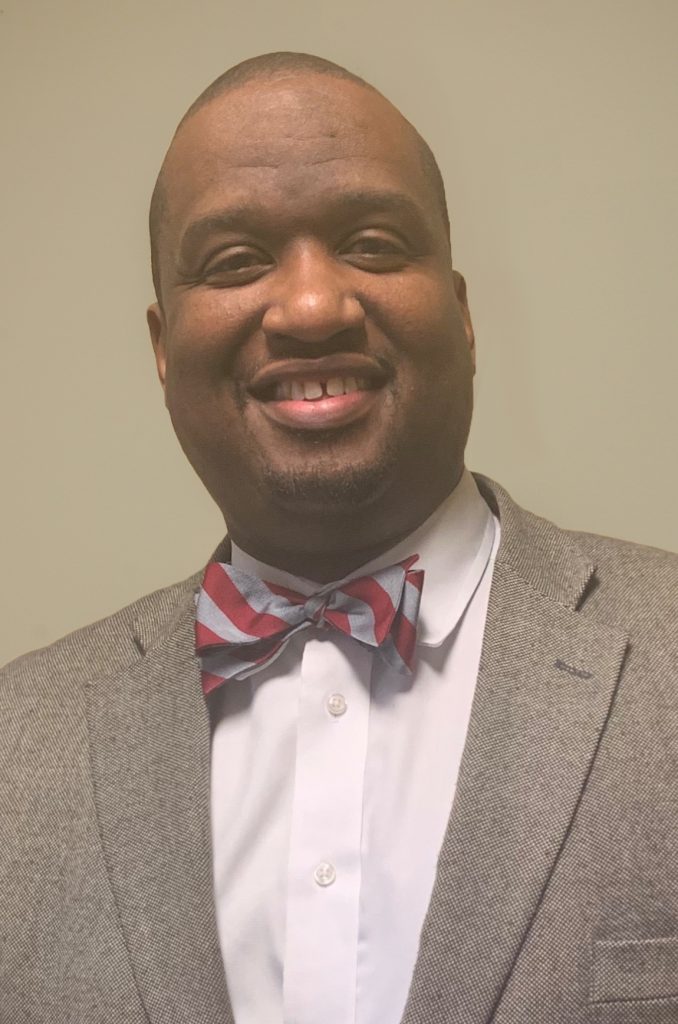
Board Chair
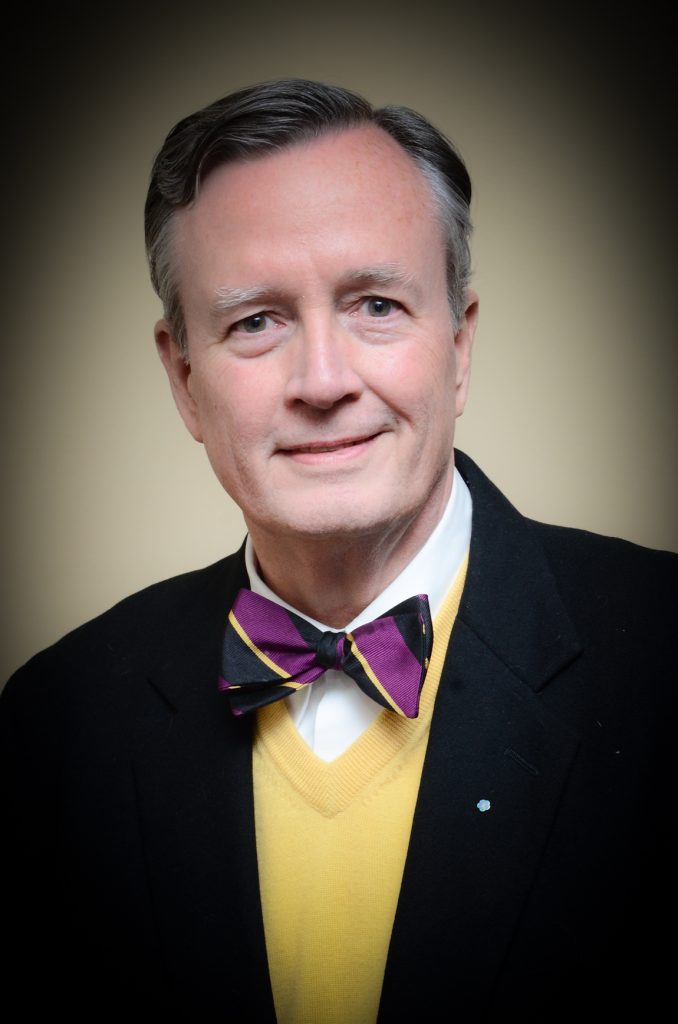
Board Vice Chair
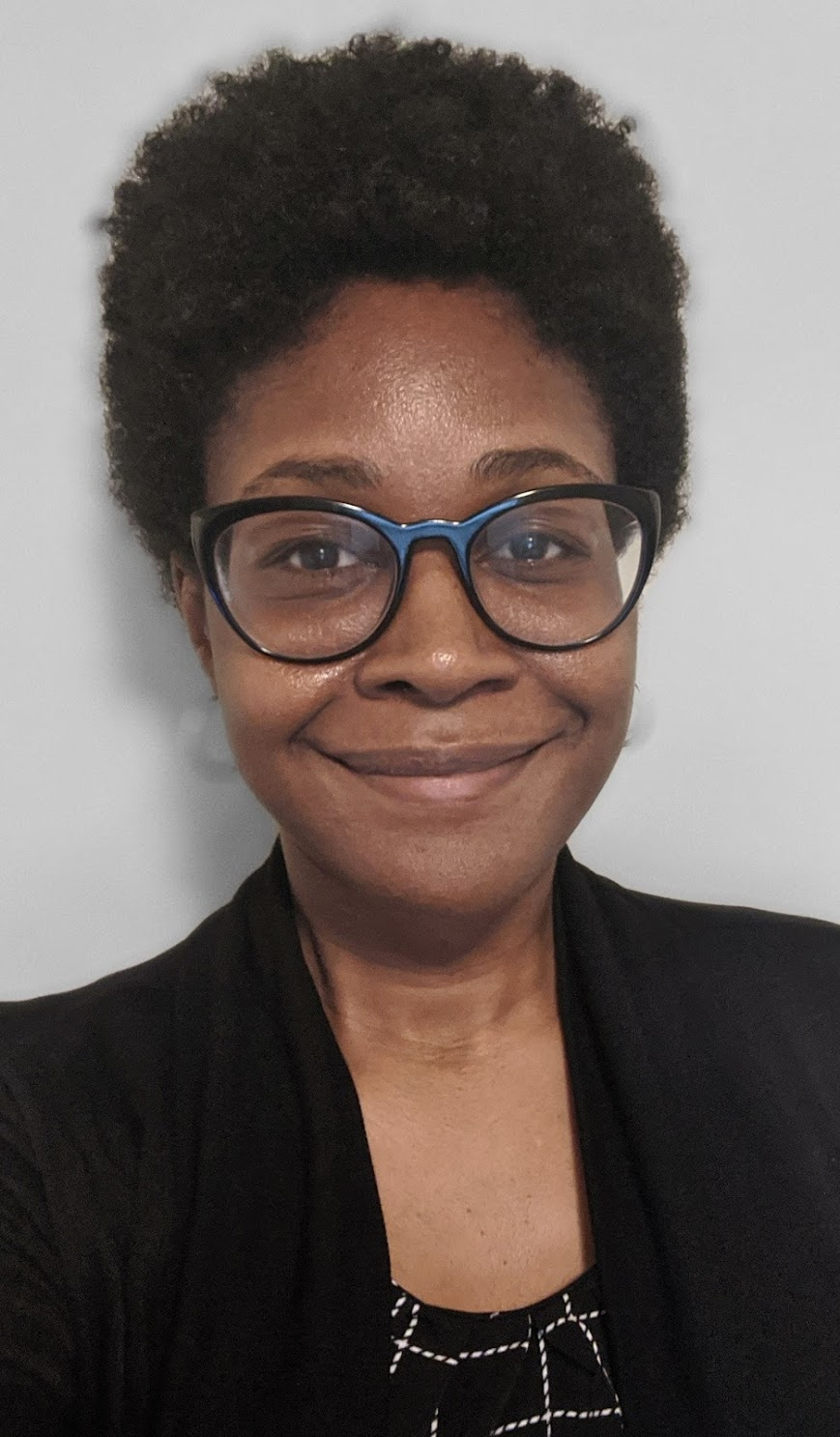
Board Treasurer

Board Secretary
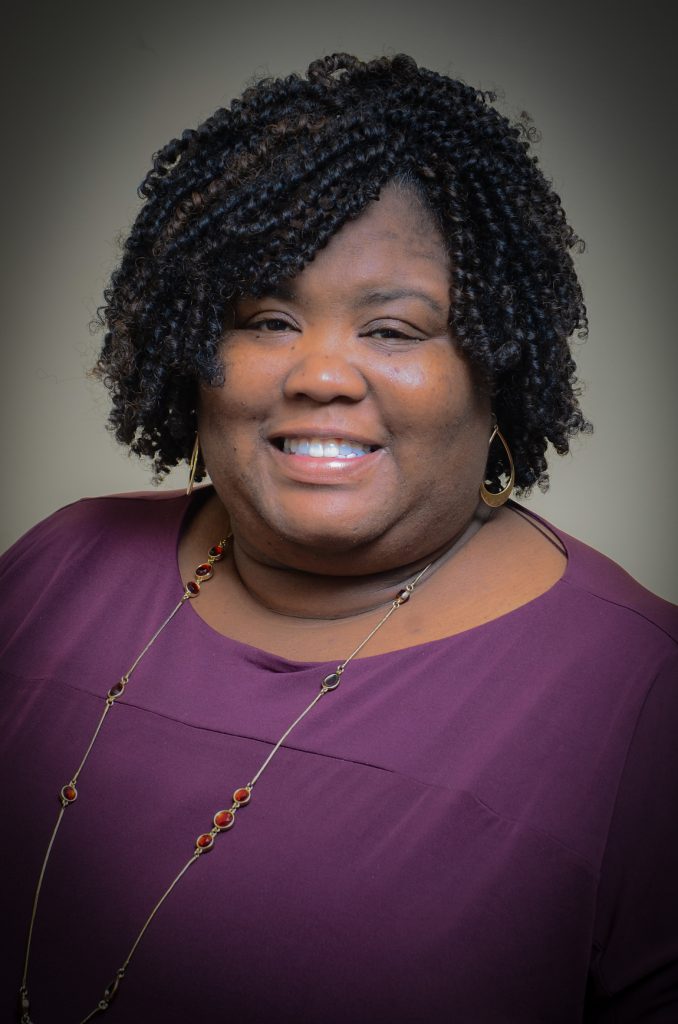
Board Member

Board Member
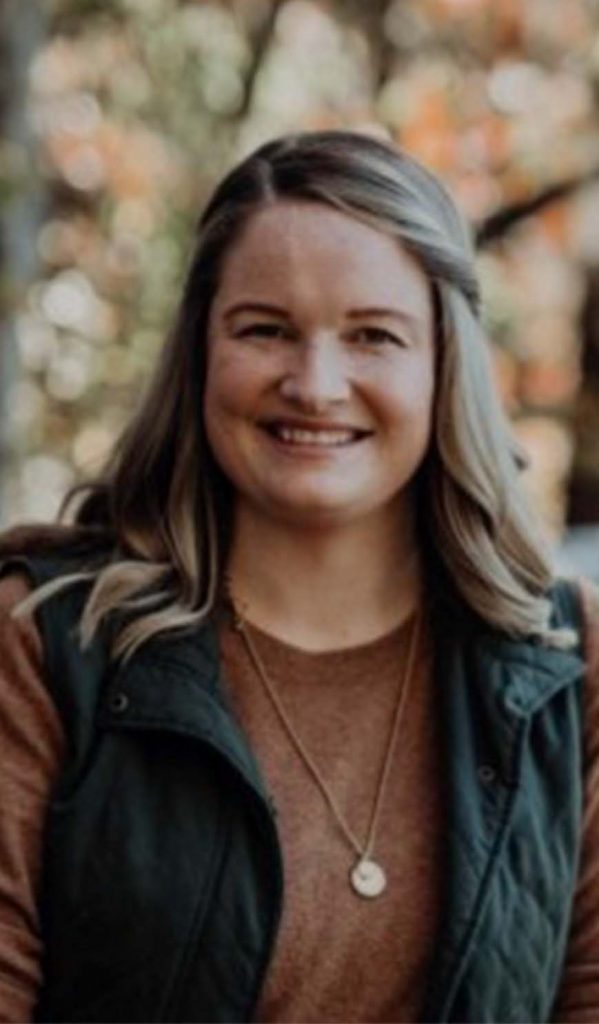
Board Member
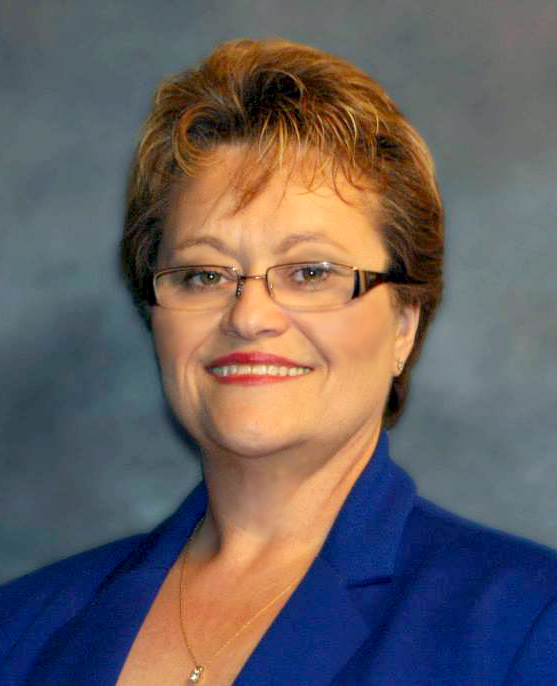
Board Member
